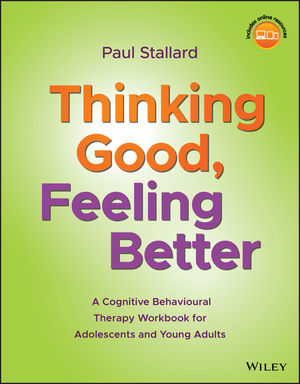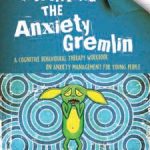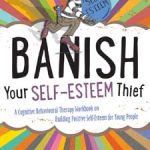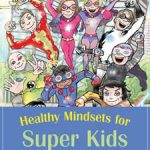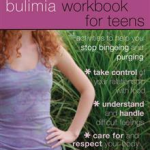Instructional resource for mental health clinicians on using cognitive behavioural therapy with adolescents and young adults
This book complements author Paul Stallard’s Think Good, Feel Good and provides a range of Cognitive Behaviour Therapy resources that can be used with adolescents and young adults. Building upon that book’s core strengths, it provides psycho-educational materials specifically designed for adolescents and young people. The materials, which have been used in the author’s clinical practice, can also be utilized in schools to help adolescents develop better cognitive, emotional and behavioural skills.
Thinking Good, Feeling Better includes traditional CBT ideas and also draws on ideas from the third wave approaches of mindfulness, compassion focused therapy and acceptance and commitment therapy. It includes practical exercises and worksheets that can be used to introduce and develop the key concepts of CBT. The book starts by introducing readers to the origin, basic theory, and rationale behind CBT and explains how the workbook should be used. Chapters cover techniques used in CBT; the process of CBT; valuing oneself; learning to be kind to oneself; mindfulness; controlling feelings; thinking traps; solving problems; facing fears; and more.
Written by an experienced professional with all clinically tested material
- Specifically developed for older adolescents and young adults
- Reflects current developments in clinical practice
- Wide range of downloadable materials
- Includes ideas from third wave CBT, Mindfulness, Compassion Focused Therapy and Acceptance and Commitment Therapy
Thinking Good, Feeling Better: A CBT Workbook for Adolescents and Young Adults is a “must have” resource for clinical psychologists, adolescent and young adult psychiatrists, community psychiatric nurses, educational psychologists, and occupational therapists. It is also a valuable resource for those who work with adolescents and young adults including social workers, nurses, practice counsellors, health visitors, teachers and special educational needs coordinators.
Contents:
- About the author xiii
- Acknowledgement xv
- Online resources xvii
- 1 Cognitive behaviour therapy: theoretical origins, rationale, and techniques
- 2 The process of cognitive behaviour therapy
- 3 Thinking good, feeling better: overview of materials
- 4 Value yourself
- 5 Be kind to yourself
- 6 Be mindful
- 7 Getting ready to change
- 8 Thoughts, feelings, and what you do
- 9 The way you think
- 10 Thinking traps
- 11 Change your thinking
- 12 Core beliefs
- 13 Understand how you feel
- 14 Control your feelings
- 15 Problem-solving
- 16 Check it out
- 17 Face your fears
- 18 Get busy
- 19 Keeping well
- References
- Index
Author Bio:
Paul Stallard is Professor of Child and Family Mental Health at the University of Bath and Head of Psychological Therapies (CAMHS) for Oxford Health NHS Foundation Trust. He has contributed to the development of CBT in many countries and has provided workshops for clinicians around the world and has published over 50 peer-reviewed papers.


